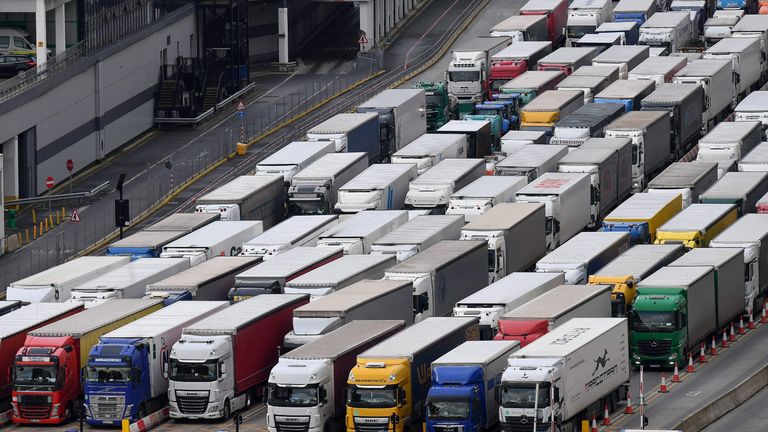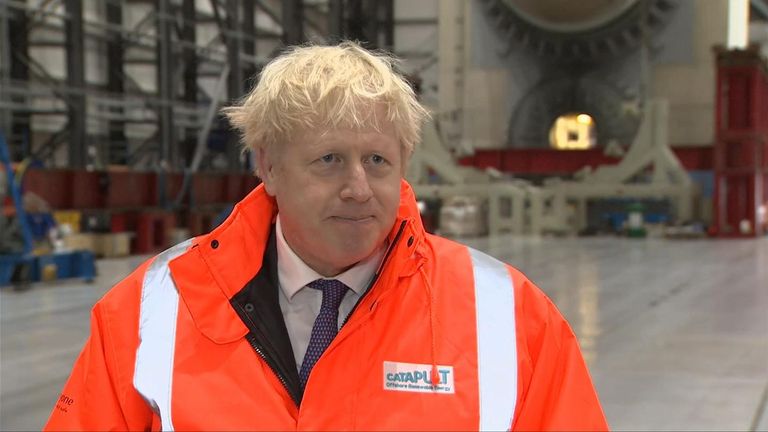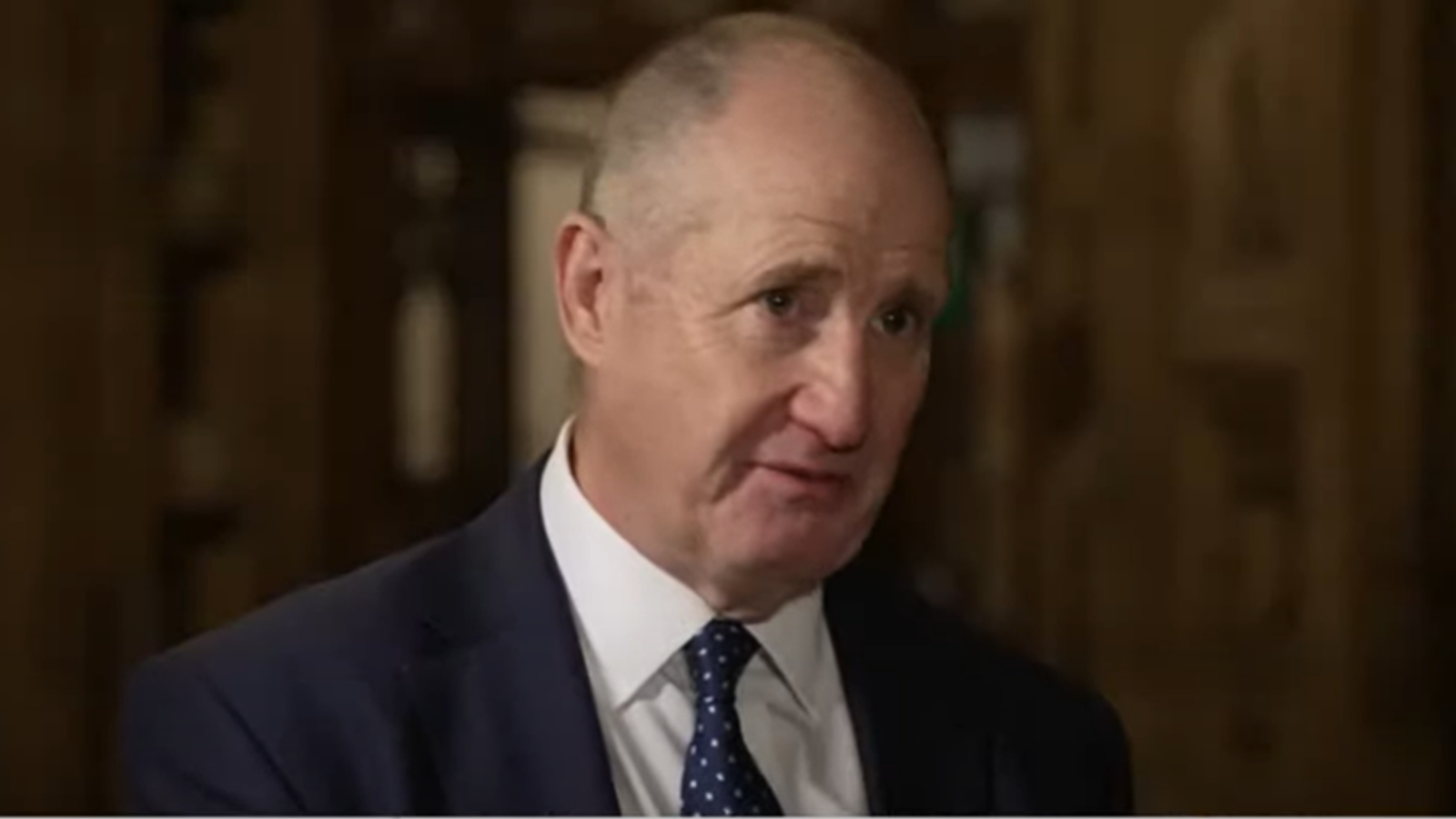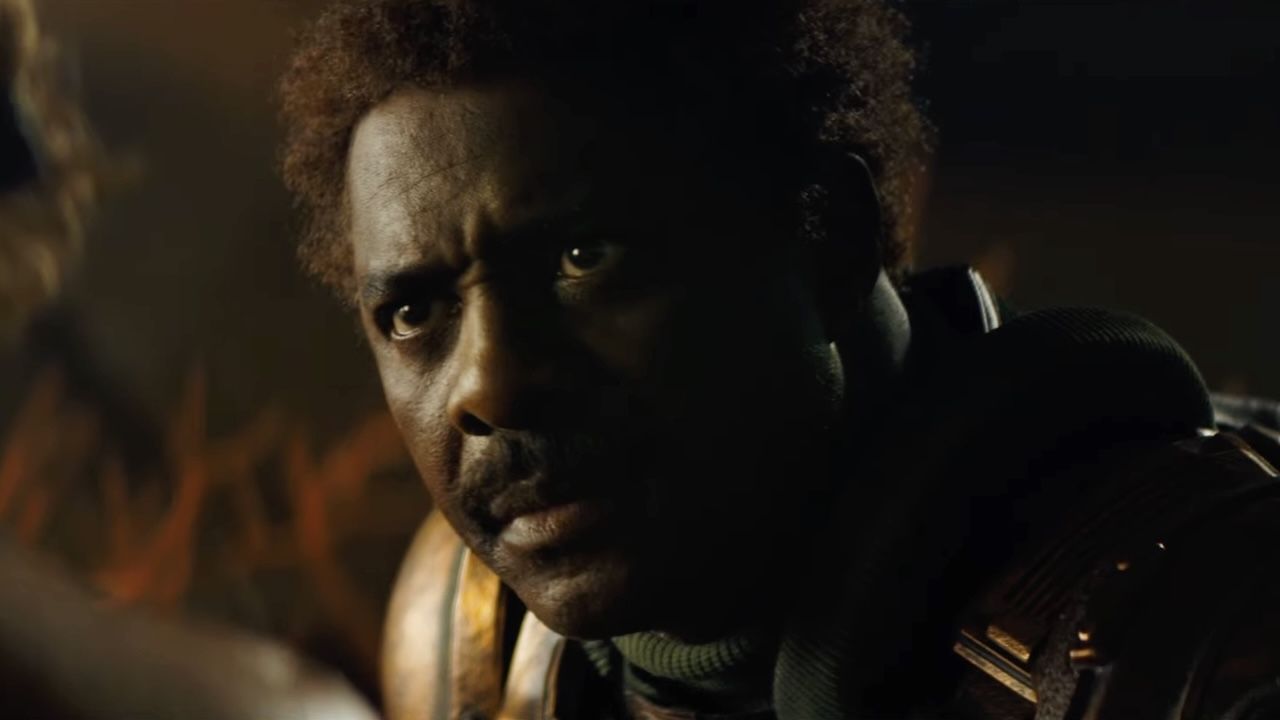Post-Brexit trade talks between the UK and Brussels will continue into next week after negotiators were told to “go the extra mile”.
Prime Minister Boris Johnson and EU Commission President Ursula Von der Leyen released a brief joint statement following what they called a “useful” phone call on Sunday morning.
They said they “discussed the major unresolved topics” and that “despite the exhaustion” of many months of talks and multiple missed deadlines, it was “responsible” to keep trying to break the deadlock.
“We have accordingly mandated our negotiators to continue the talks and to see whether an agreement can even at this late stage be reached,” the pair added.
Simon Coveney, Ireland’s foreign minister, said the joint declaration was “a good signal”.
He added it was “time to hold our nerve and allow the negotiators to inch progress forward”, cautioning that a deal is “clearly very difficult, but possible”.
Mr Johnson this morning summoned cabinet ministers to update them, given both the UK and EU had said Sunday could be the make-or-break moment for talks.
A Labour spokesperson responded by saying the government “promised the British people that they had an oven-ready deal and that they would get Brexit done” and now “needs to deliver on that promise, get us the deal and allow us to move on as a country”.
Earlier, Foreign Secretary Dominic Raab told Sky News’ Sophy Ridge On Sunday that Mr Johnson and Ms von der Leyen needed to break the “logjam” at a “political level”.
And Spain’s foreign minister Arancha Gonzalez Laya warned no-deal would be “extremely negative” for all parties but “more on the UK side”.
There are now less than three weeks until the end of the transition period – the arrangements that came into force after Brexit happened on 31 January which have seen the UK continue to follow most EU rules.
Businesses have been told to prepare for big changes to come into force from 1 January 2021 but have no idea on exactly what terms firms will be exporting and importing goods.
Tony Danker, head of the Confederation of British Industry, said the news that talks will continue “gives hope” but that “ongoing delays are frustrating and cost businesses”.
“Government must move with even more determination to avoid the looming cliff edge of 1 January,” he added.
Analysis: How significant is leaders’ latest agreement?
By Sam Coates, deputy political editor
The mere fact there is a joint statement is extremely important.
It suggests that they were able to hammer out a form of words, they were able to do a deal on what they should say immediately after that phone call.
Which is not something that could be said after Wednesday’s dinner for instance, when the UK gave a unilateral readout of what went on, or indeed when the UK put out a statement last night.
This would seem to point to optimism – and it’s significant they don’t seem to go into the specifics.
I think the evolution that we’re back to joint statements, that the tone is much more positive and that the cabinet have now been briefed are all signs of positivity.
We’re not out of the woods, clearly there is a long way to go.
But we are a world away from where we were even just at 9 o’clock last night.







